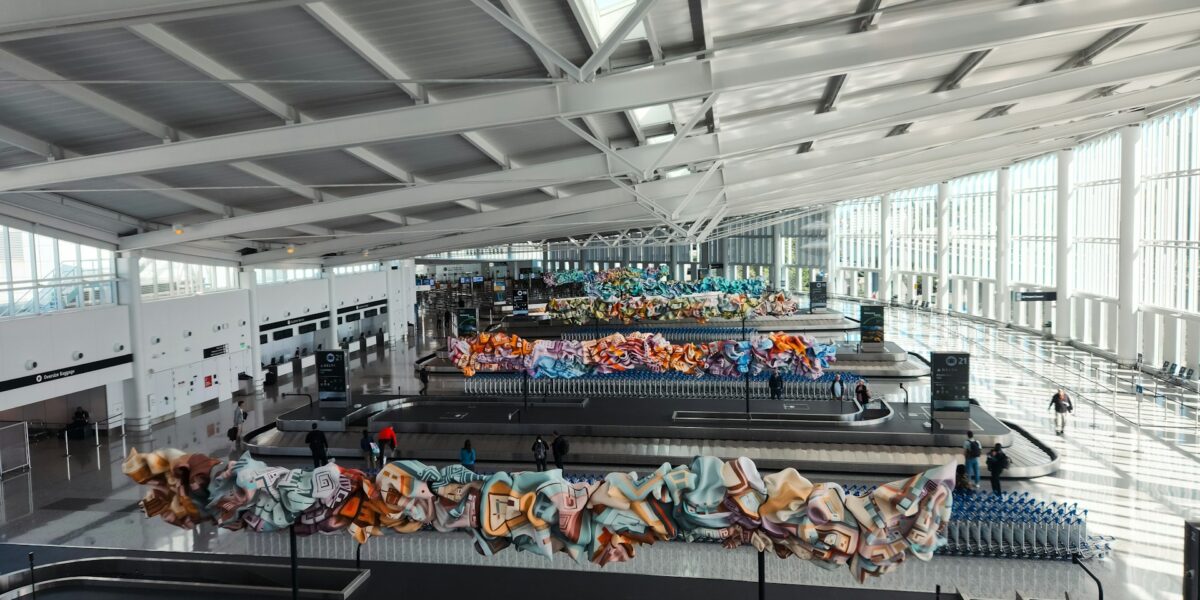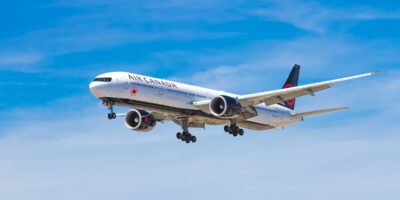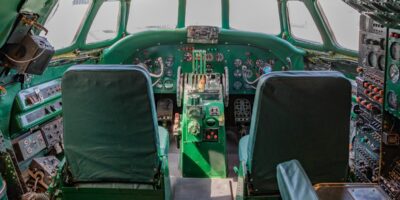Exploring Airports in New Hampshire
New Hampshire, a state known for its picturesque landscapes and rich history, also hosts a number of airports that serve both commercial and general aviation needs. These airports vary in size and function, catering to different types of travelers and aviation enthusiasts.
Manchester-Boston Regional Airport
Manchester-Boston Regional Airport (MHT) is the largest airport in the state. It is conveniently located near the state’s most populous city, Manchester. MHT serves as an alternative to Boston’s Logan International Airport, providing domestic flights with several carriers. The airport boasts modern facilities, including efficient baggage handling and parking amenities. Investments in recent years have enhanced passenger experience, providing a smooth and pleasant travel experience.
Flight Services and Destinations
MHT offers numerous flights to major hubs like Atlanta, Chicago, and Washington D.C. Airlines such as Southwest and Delta operate from this airport. The routes primarily focus on domestic travel, catering to both business and leisure passengers. Seasonal changes sometimes expand the availability of flights to vacation destinations.
Travelers looking to skip the larger crowds of metropolitan airports often find Manchester a convenient option. Its size allows for quicker check-ins and security processing, making it especially appealing to frequent flyers.
Facilities and Amenities
The airport has undergone several upgrades to improve passenger comfort. Facilities include free Wi-Fi, dining options, and car rental services. Recently, they have enhanced family-friendly facilities with dedicated play areas for children. The overall layout is straightforward, with signage that makes navigation intuitive, reducing stress for first-time visitors.
Ground Transportation
Getting to and from Manchester-Boston Regional Airport is hassle-free. There are shuttle services, taxis, and ride-sharing options available. A dedicated bus service connects the airport to various parts of New Hampshire and Massachusetts, providing a budget-friendly travel alternative.
Portsmouth International Airport at Pease
Portsmouth International Airport at Pease (PSM) is another key airport in New Hampshire. Located in Portsmouth, this facility serves both civil and military aviation needs. It supports the operations of Pease Air National Guard Base in addition to commercial flights.
Commercial Flights and Charter Services
PSM has witnessed growth in commercial passenger service, primarily operated by Allegiant Air. The airport focuses heavily on providing charter services and private flights, often accommodating travelers who seek more tailored aviation experiences. Frequent destinations for chartered flights include leisure spots across the country.
Facilities at Portsmouth International
The airport has facilities catering to both civilian and military personnel, reflecting its dual-use nature. Basic amenities include snack bars and rental car services. The proximity of the airport to coastal New Hampshire makes it an attractive choice for tourists seeking to explore the region’s historic sites and natural beauty.
Connectivity and Access
Driving to PSM is straightforward, with its location just off Interstate 95. There are plenty of parking options for travelers leaving their cars onsite. Shuttle services and taxis are available, but ride-sharing options are fewer compared to larger airports. The airport’s ongoing expansion projects aim to improve these services in the near future.
Lebanon Municipal Airport
Lebanon Municipal Airport (LEB) is a smaller airport situated in the Upper Valley region of New Hampshire. While modest in scale, it plays an important role in connecting the Dartmouth-Lake Sunapee area with larger airport hubs.
Aviation Services
The airport has a focus on regional connectivity. Cape Air provides regular flights between Lebanon and Boston’s Logan International Airport. This service is crucial for local businesses and residents needing to connect to larger flight networks quickly.
User-Friendly Facilities
LEB offers basic facilities for travelers, including free parking, a small lounge area, and rental car services. Its size ensures that passengers have a swift transit experience, and the ease of boarding makes it a preferred choice for those who experience stress at larger airports.
Ground Connectivity
The airport’s remote location is balanced by good road connectivity. Taxi services are available to and from the airport, though it is advisable to book in advance. A parking area accommodates travelers opting to drive their own vehicles.
Laconia Municipal Airport
Laconia Municipal Airport (LCI) mainly serves general aviation and is located near the Lakes Region of New Hampshire. Given its focus on private flights, LCI sees considerable use during the summer months when tourism peaks in the area.
General Aviation and Tourism
LCI supports a significant amount of general aviation traffic and looks after private pilots and flight training operations. The airport acts as a gateway for tourists headed to Lake Winnipesaukee and the surrounding recreational spots.
Facilities and Support
The airport provides essential services for general aviation, including fueling and maintenance. Hangar rental opportunities are available for private aircraft owners. Given its proximity to popular vacation destinations, car rentals are accessible to ease ground travel for tourists.
Accessibility and Local Transit
Access to LCI is straightforward, with several highway connections. Local taxi companies provide airport transfer services although these should be booked in advance during peak tourism seasons.
General Aviation and Smaller Airfields
Besides the primary airports, New Hampshire hosts numerous smaller airfields that cater to general aviation. These facilities are invaluable to private aviation enthusiasts and have communities centered around their operations.
- Moultonboro Airport (5M3) serves community needs and offers scenic charters to explore New Hampshire’s lakes and mountains.
- Hampton Airfield (7B3) is popular for flight training and offers scenic rides for those interested in aerial views of the seacoast.
- Skyhaven Airport (DAW) located in Rochester is undergoing development to increase its capacity and service offerings for private aviation.
These small airports are instrumental in supporting local economies and tourism. They provide workshops, flight lessons, and other activities that benefit the local communities.
Challenges and Future Development
The airports of New Hampshire face challenges typical of the northern New England region. Seasonal weather impacts flight schedules and can affect ground operations. Efforts are being made to mitigate such issues through enhanced winter maintenance practices and investing in better de-icing technology.
Future development plans across these airports focus on increasing operational capabilities and improving passenger services. There is a concerted effort to expand taxiways, update terminals, and enhance technological infrastructures, ensuring that both commercial and private flights continue to run smoothly.
Adaptation is key as airports strive to work within the limitations imposed by environmental regulations, necessary to preserve New Hampshire’s natural beauty.
Recommended Aviation Gear
David Clark H10-13.4 Aviation Headset – $376.95
The industry standard for aviation headsets.
Pilots Handbook of Aeronautical Knowledge – $25.42
Essential FAA handbook for every pilot.
As an Amazon Associate, we earn from qualifying purchases.



